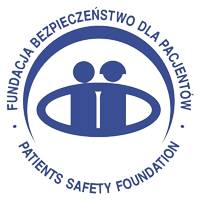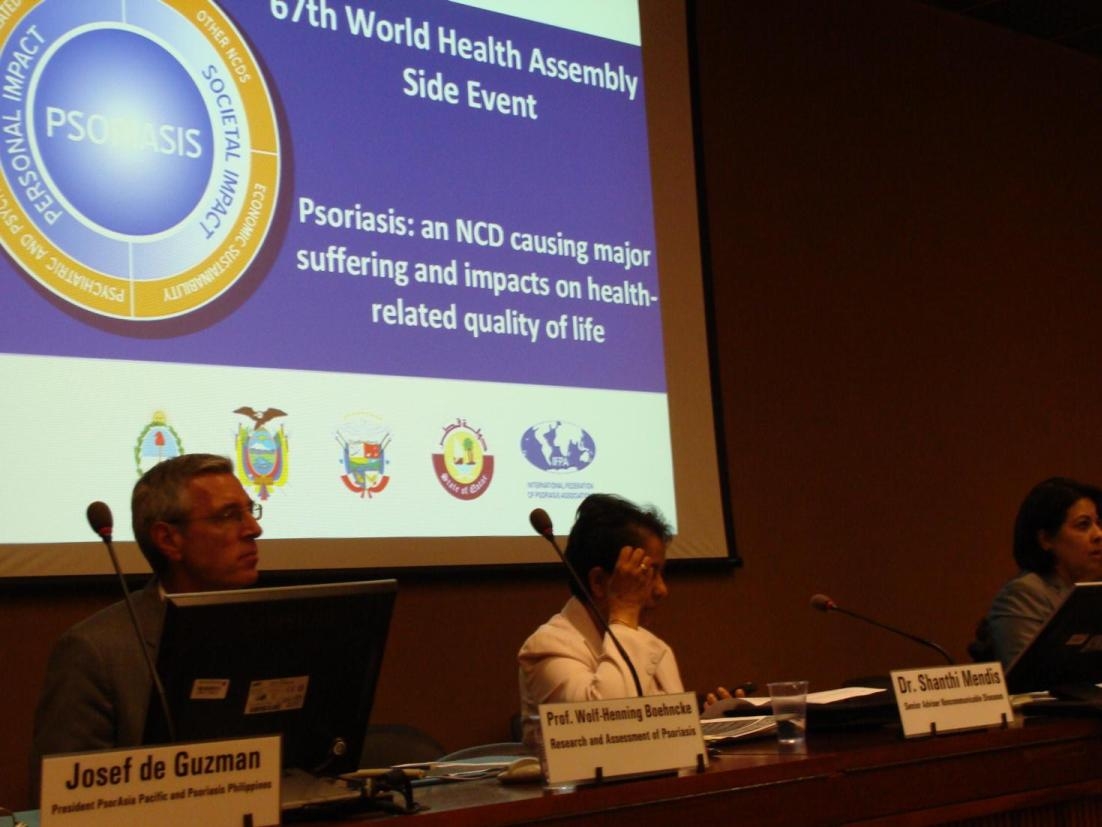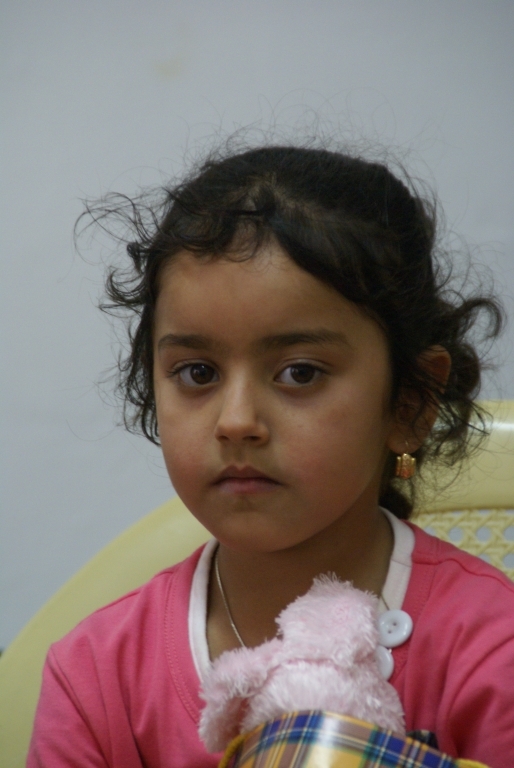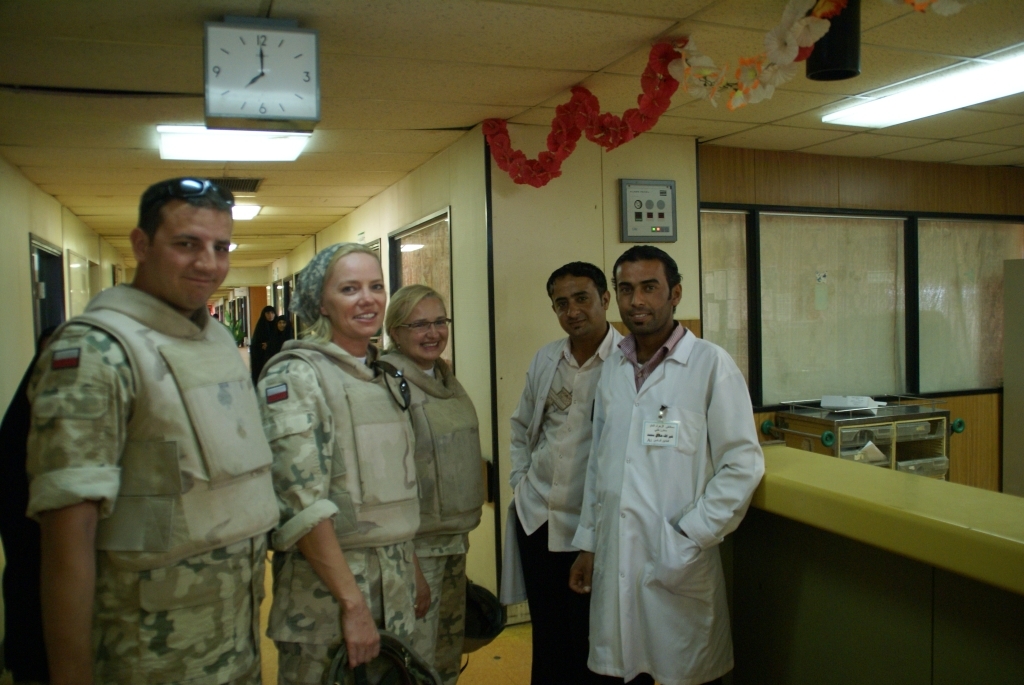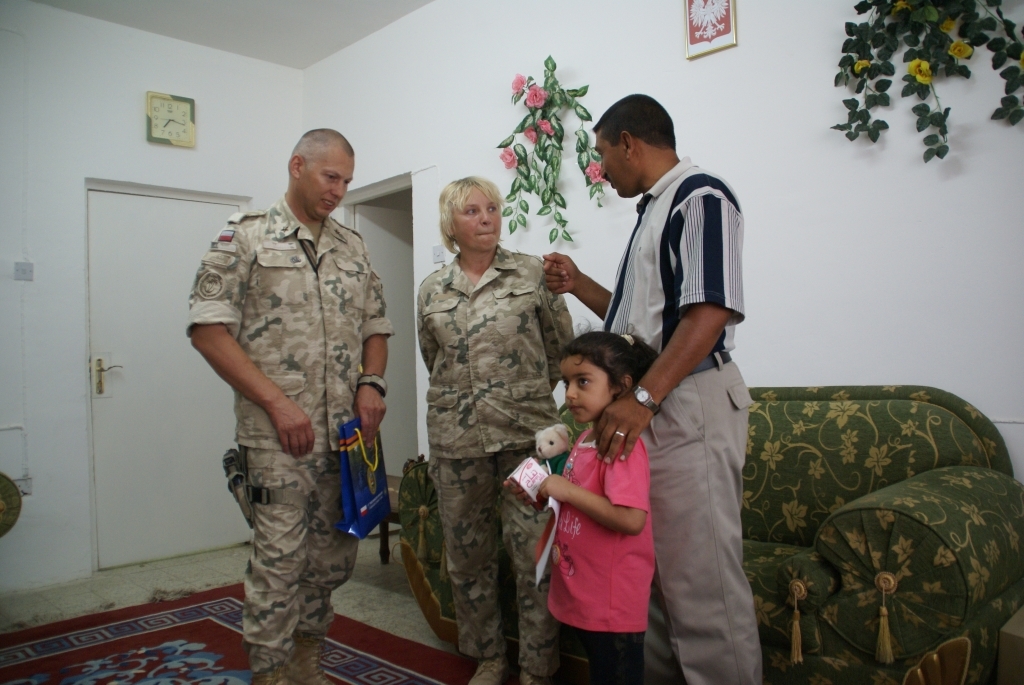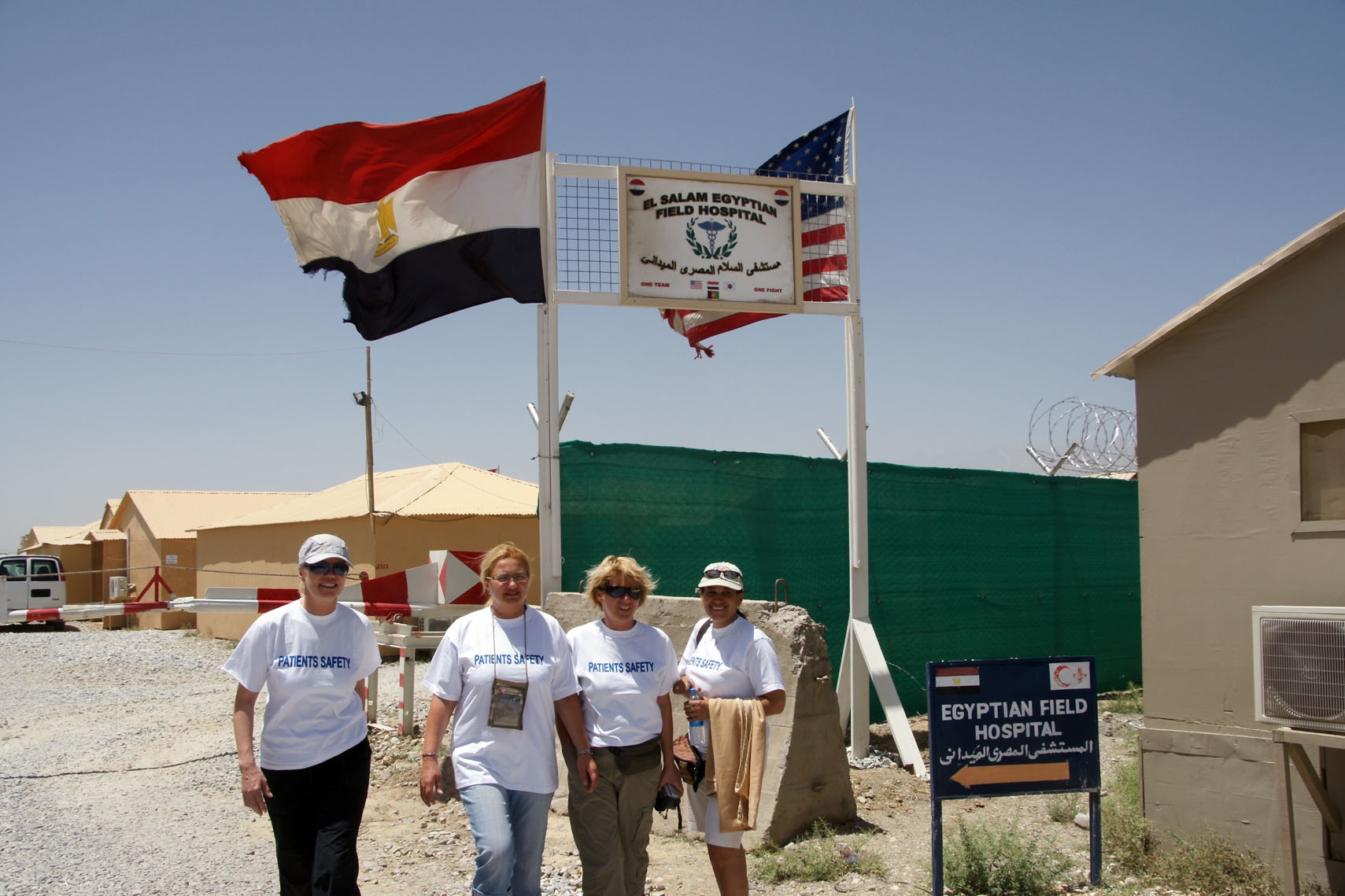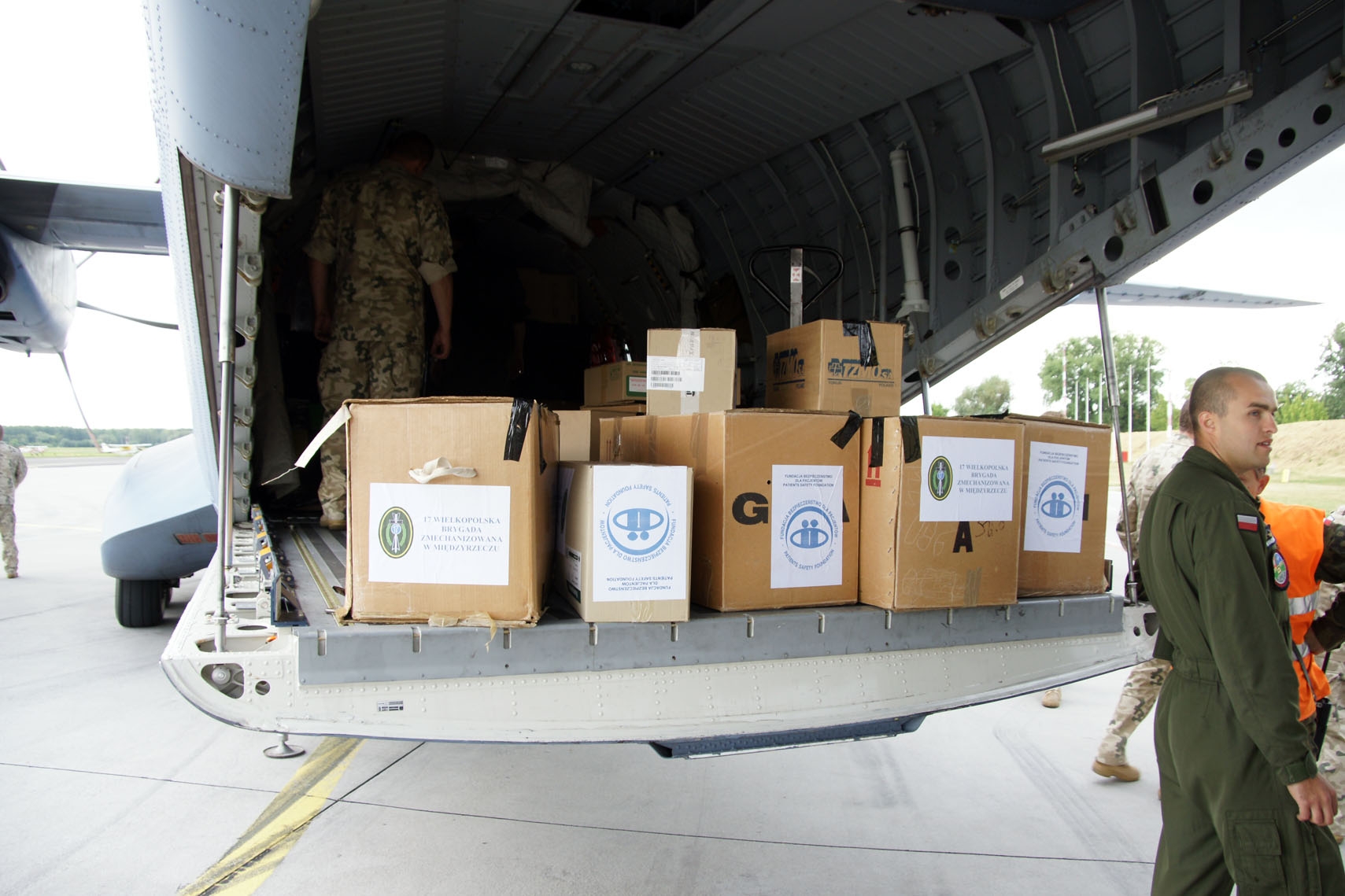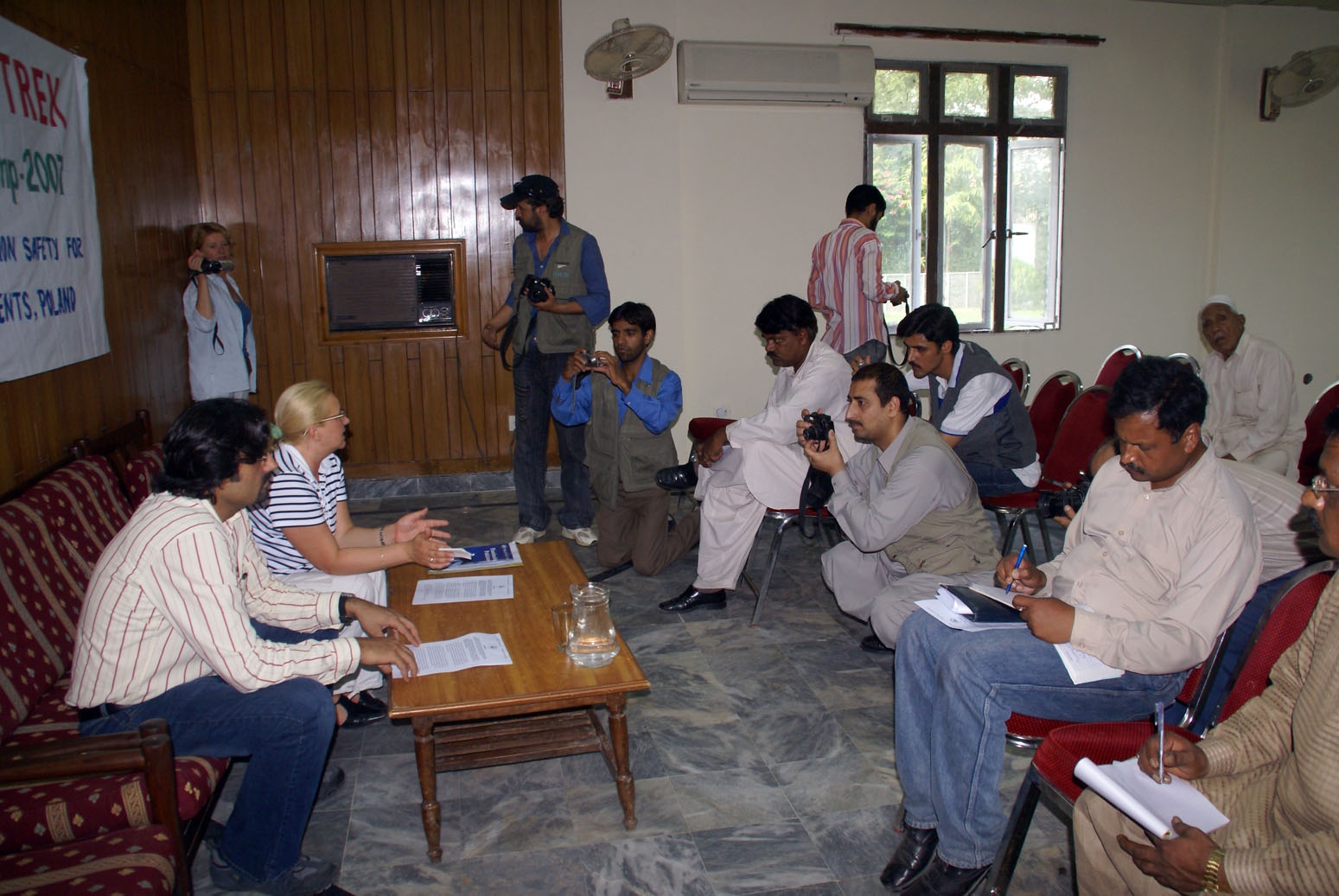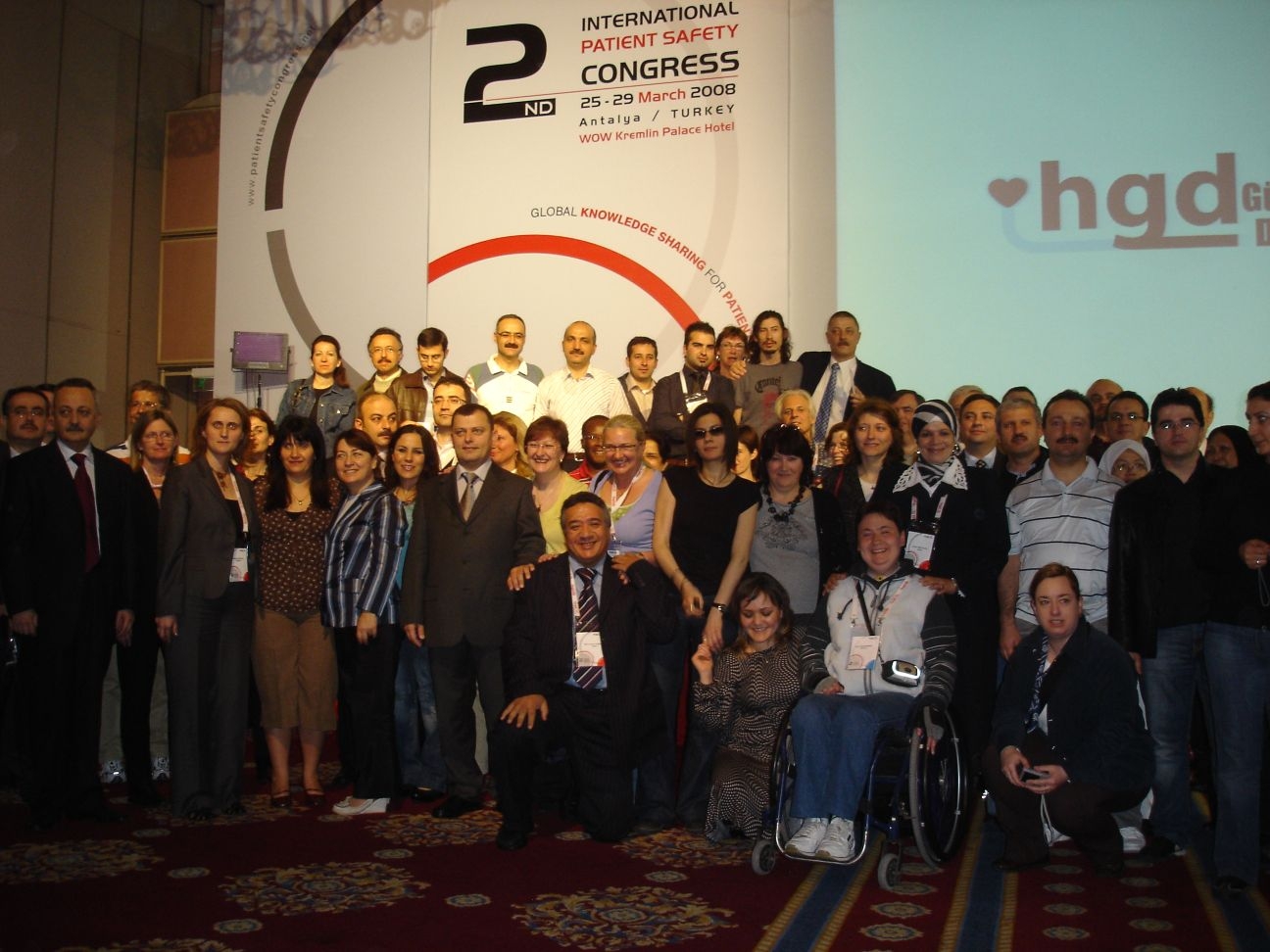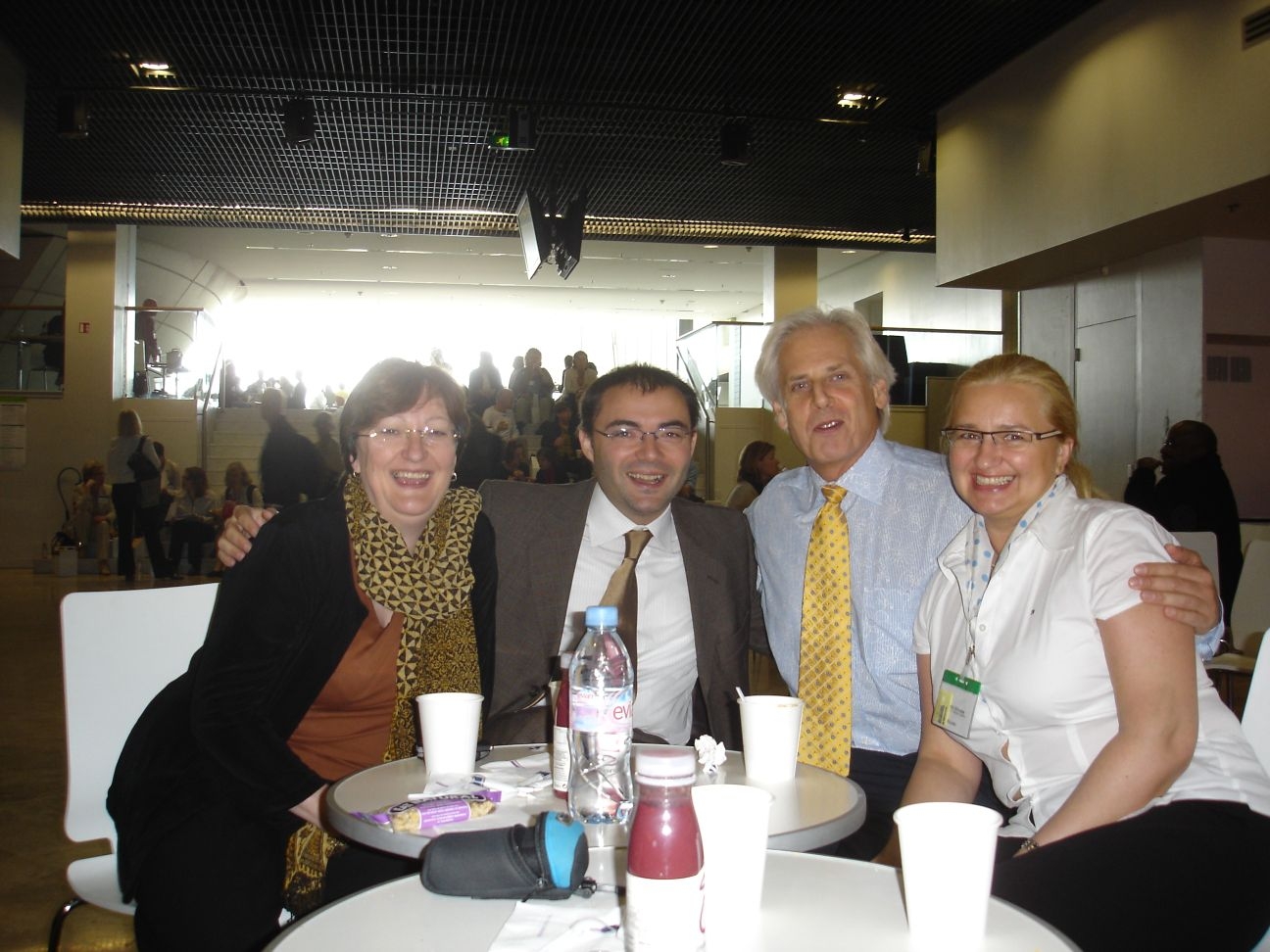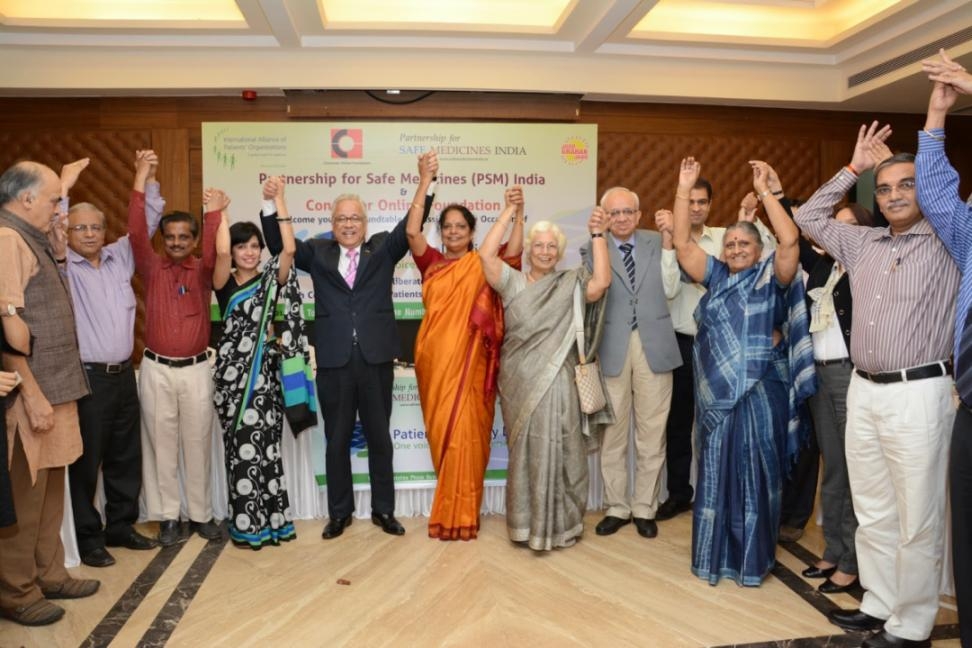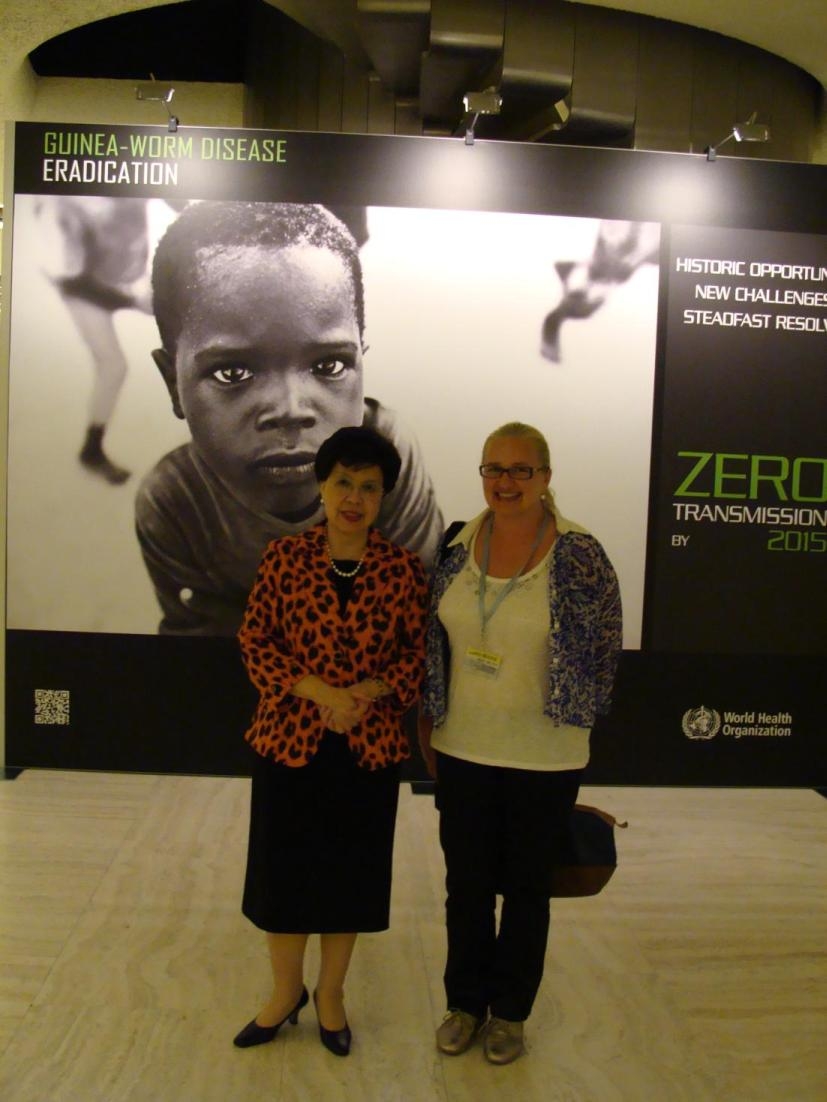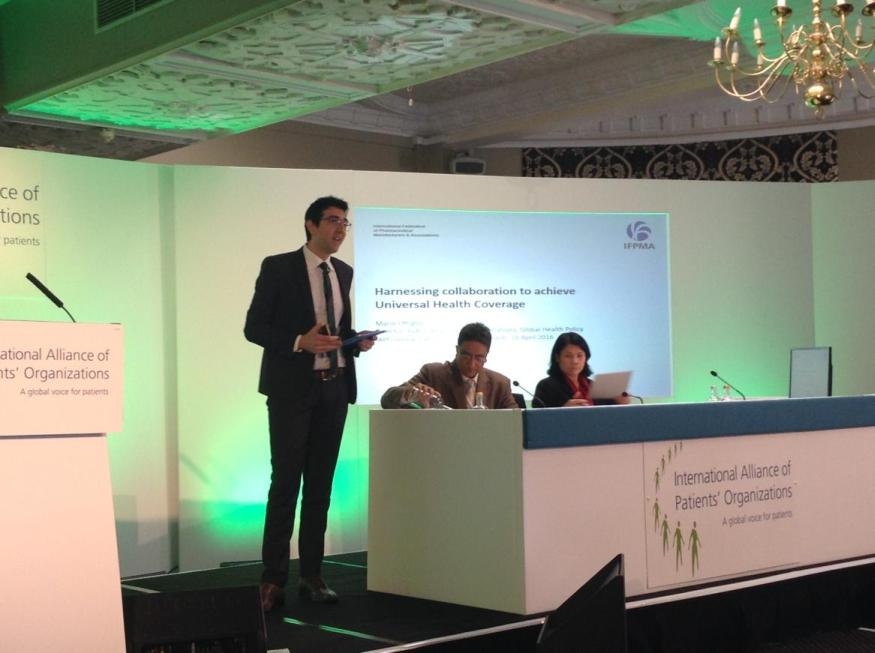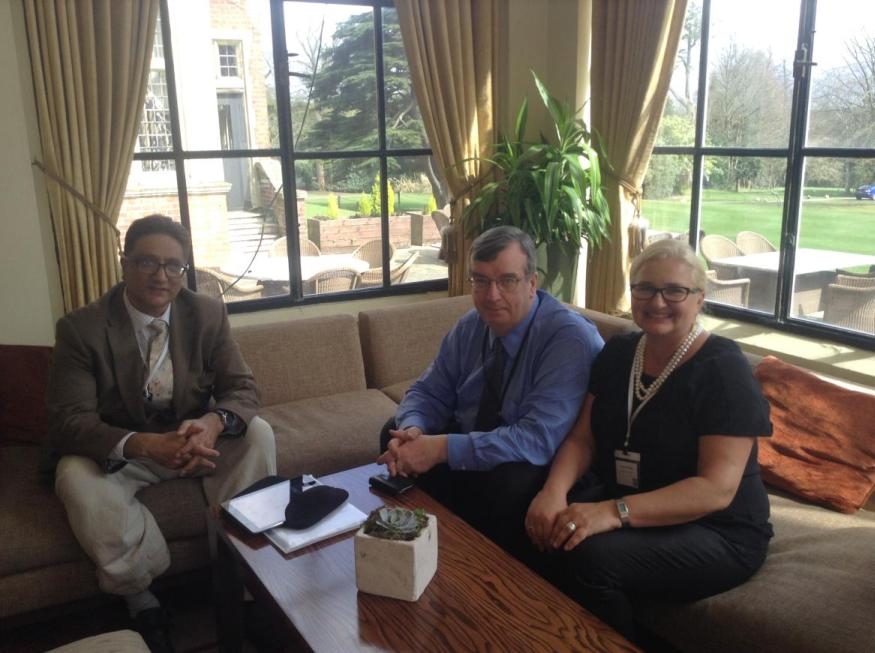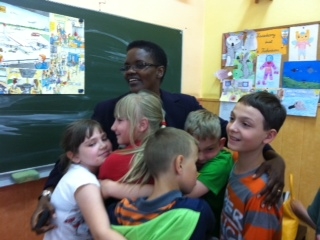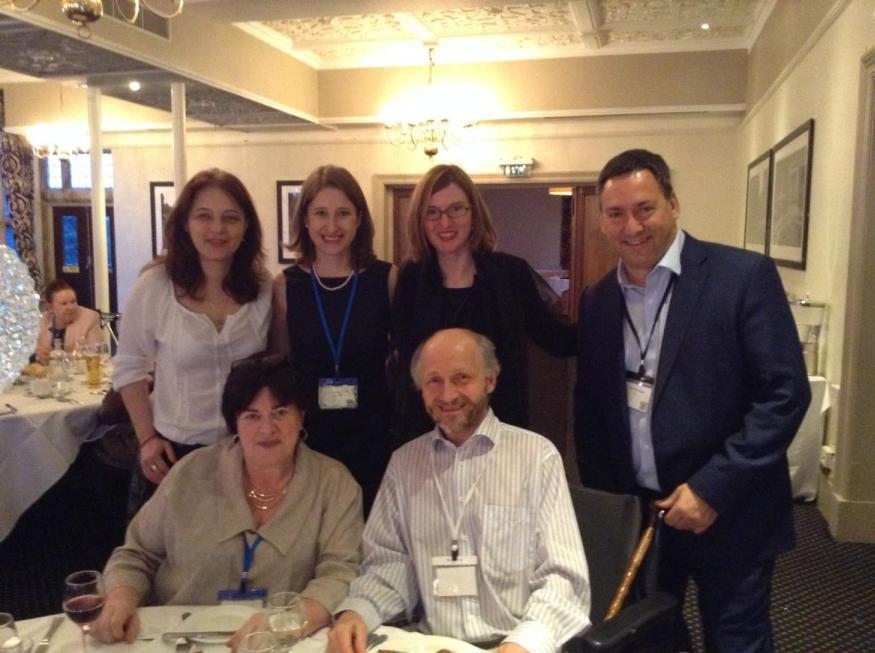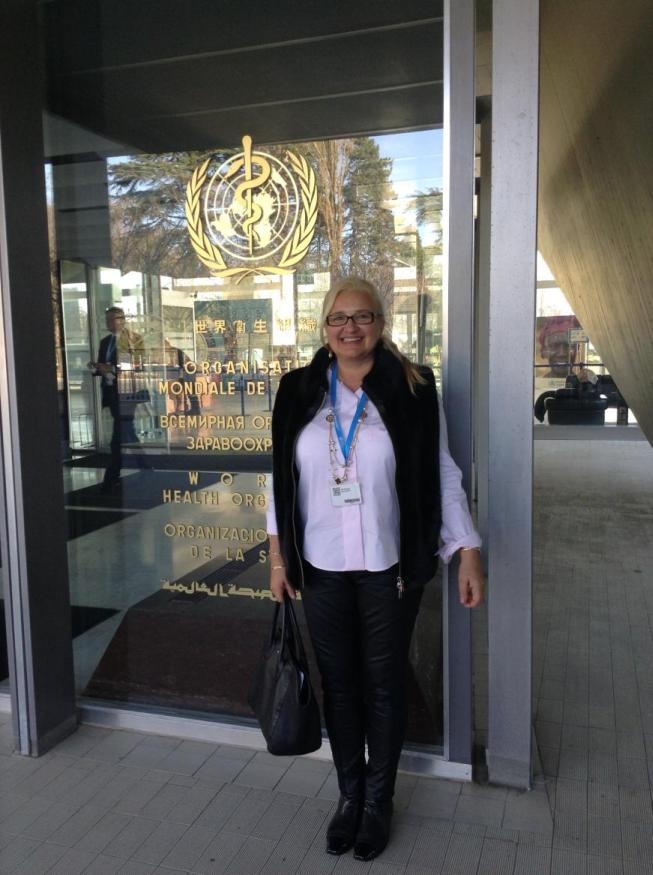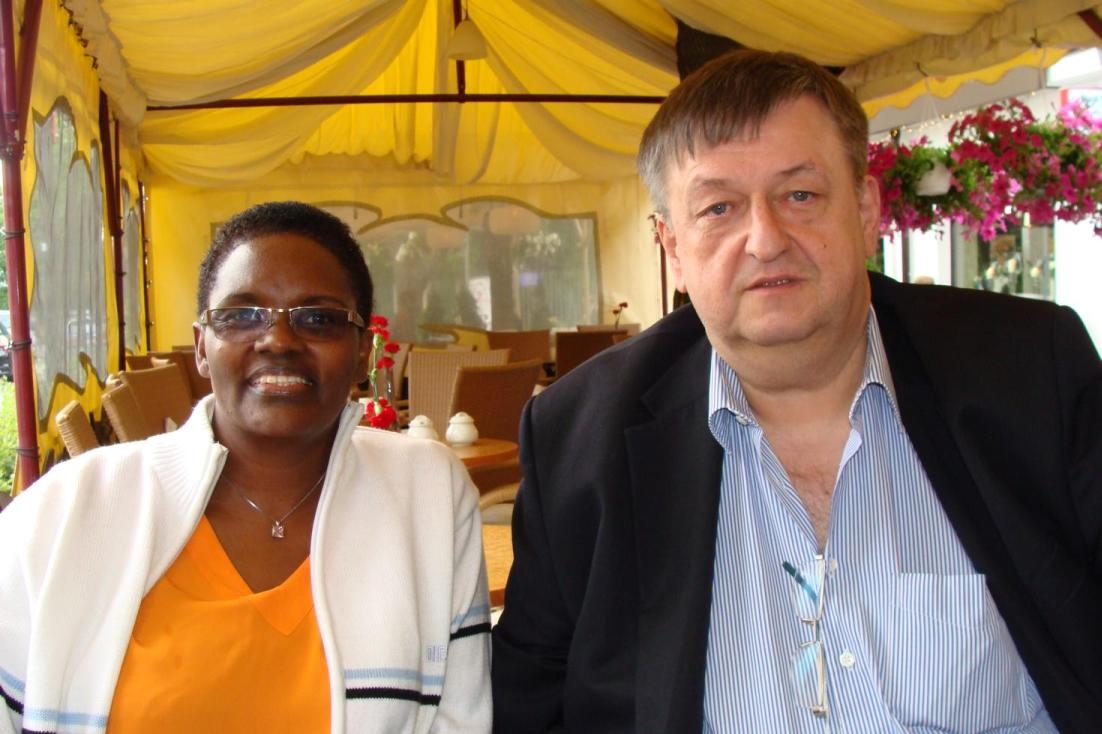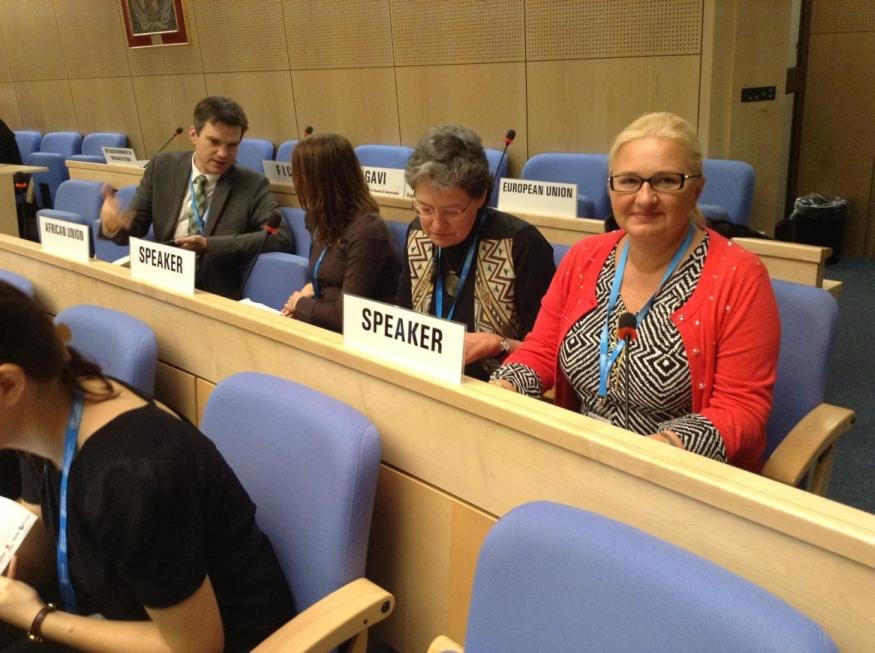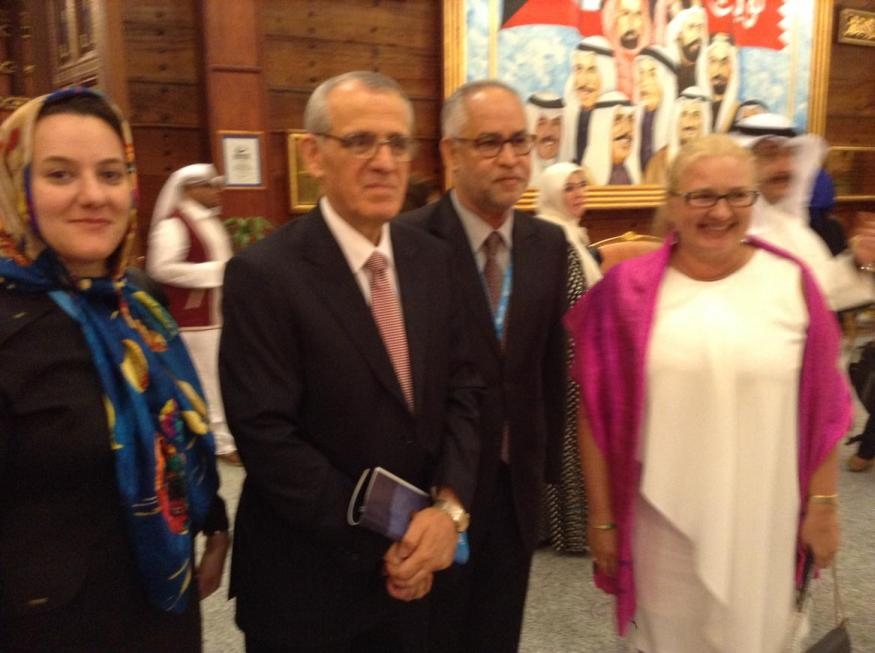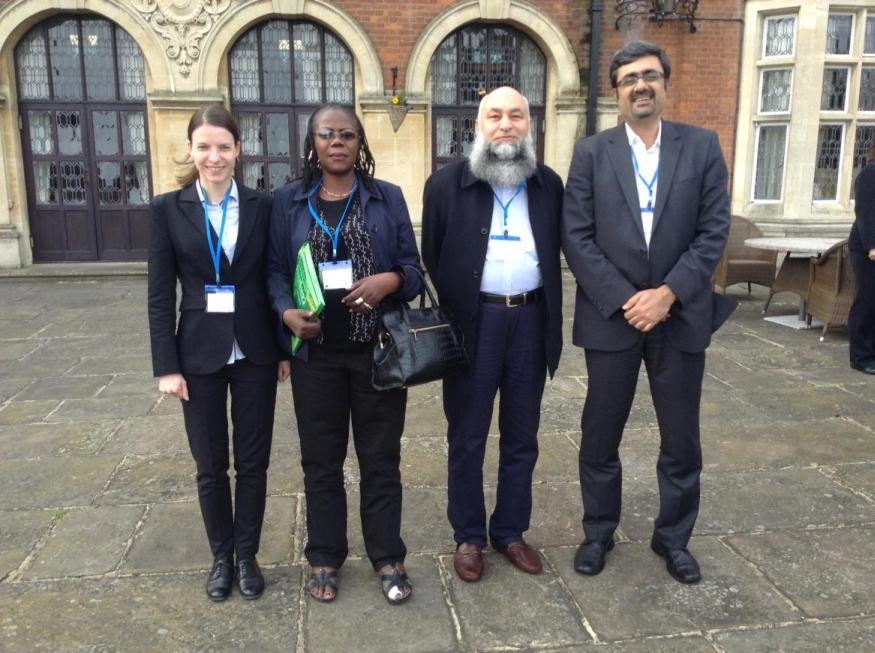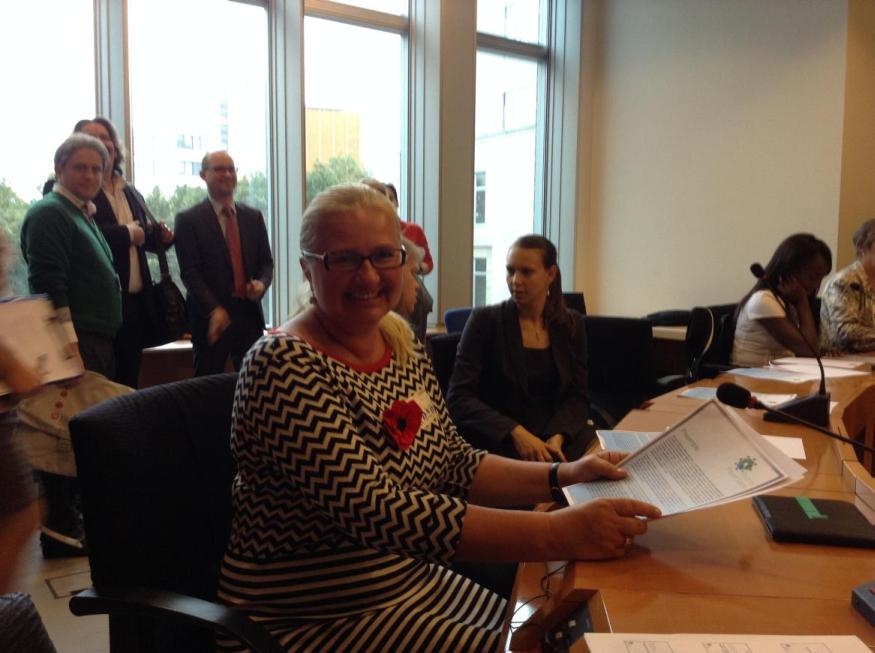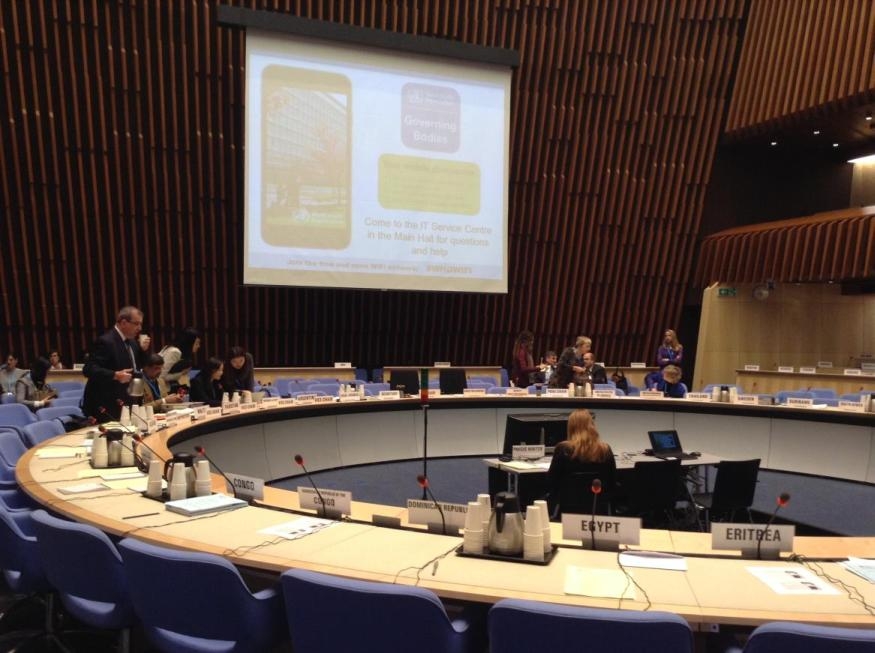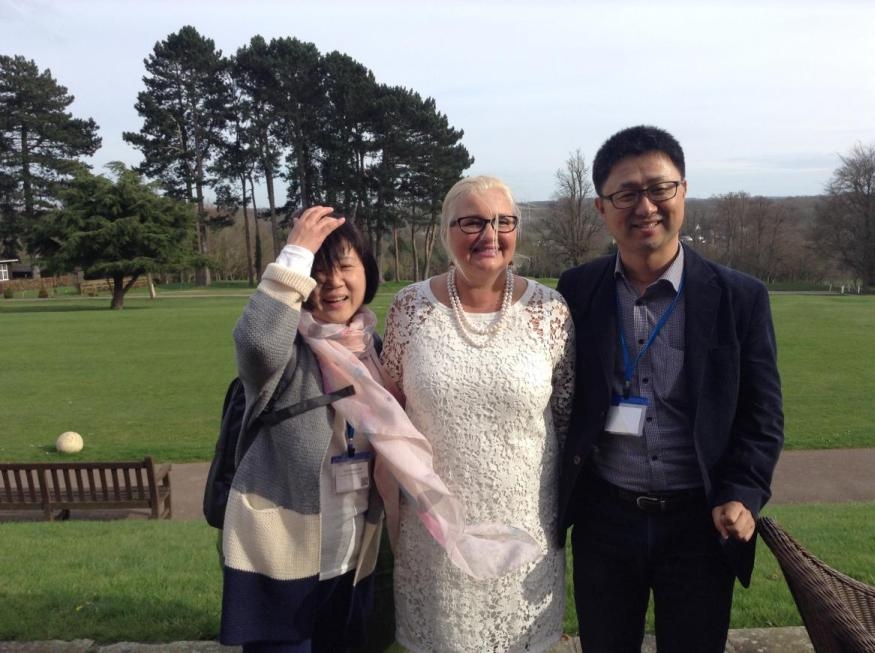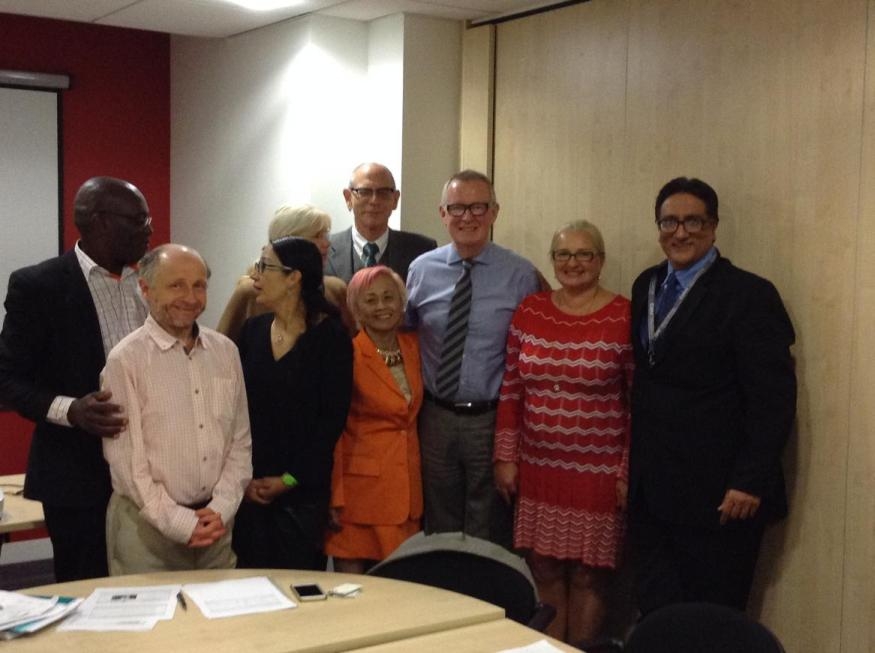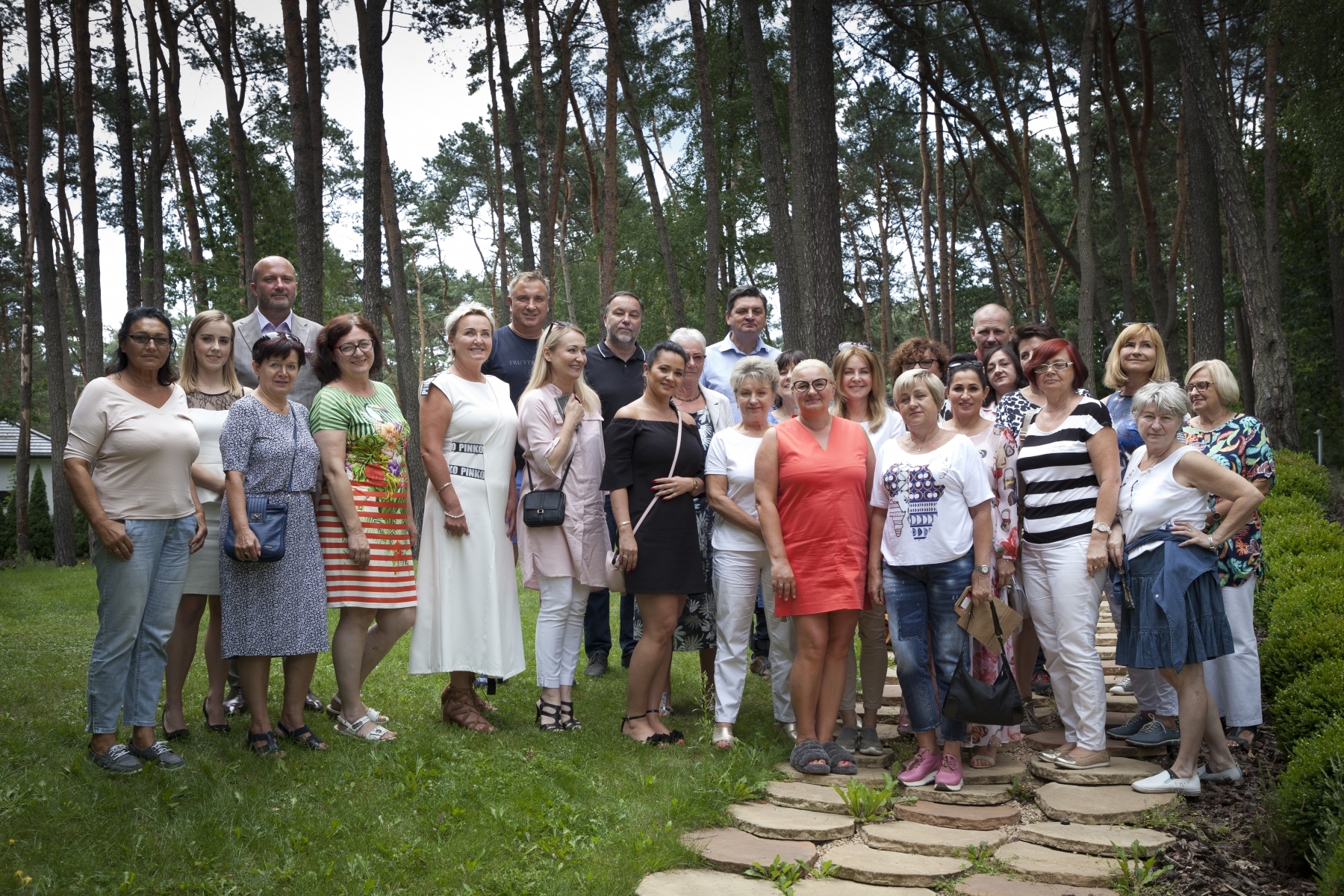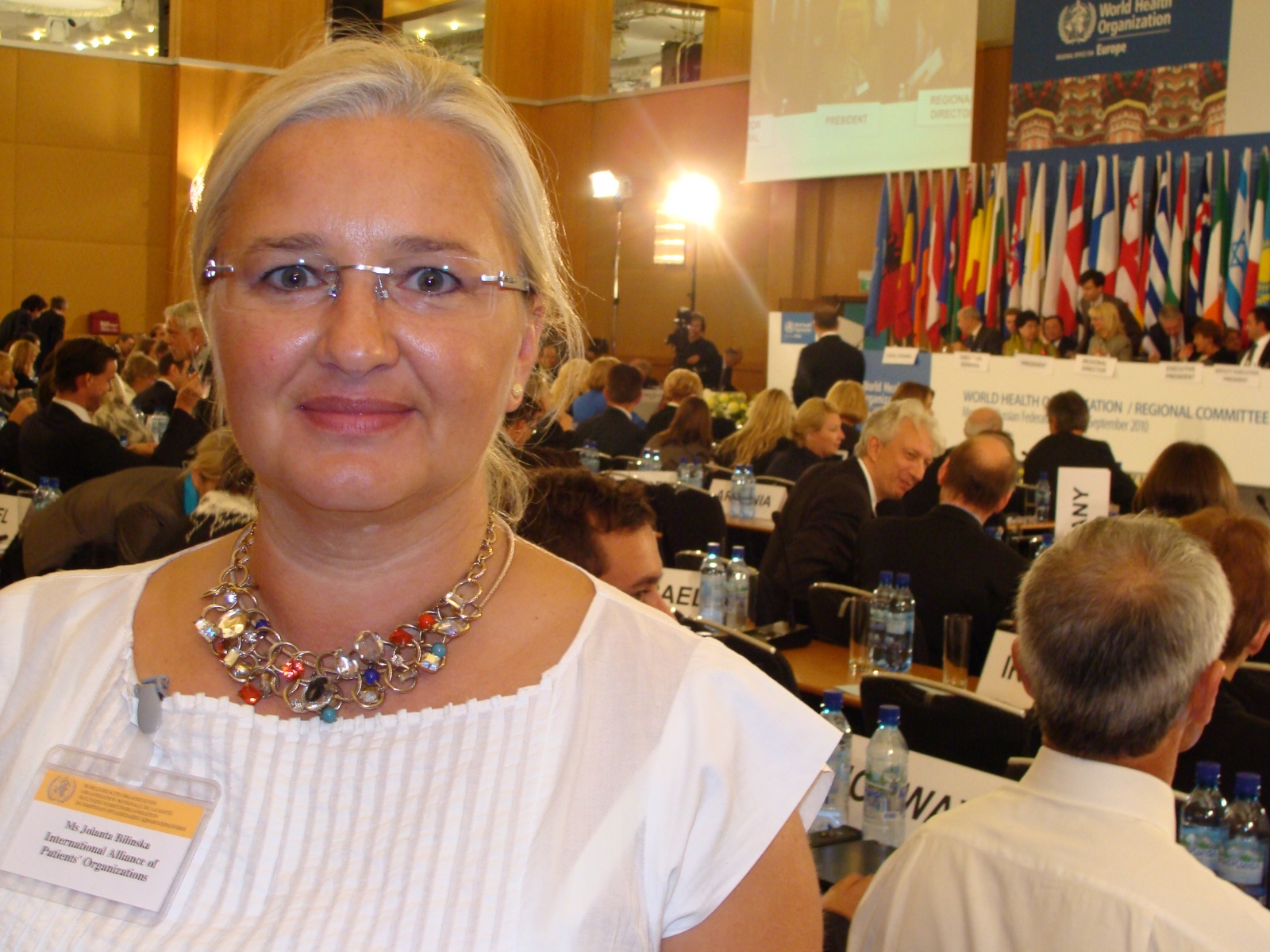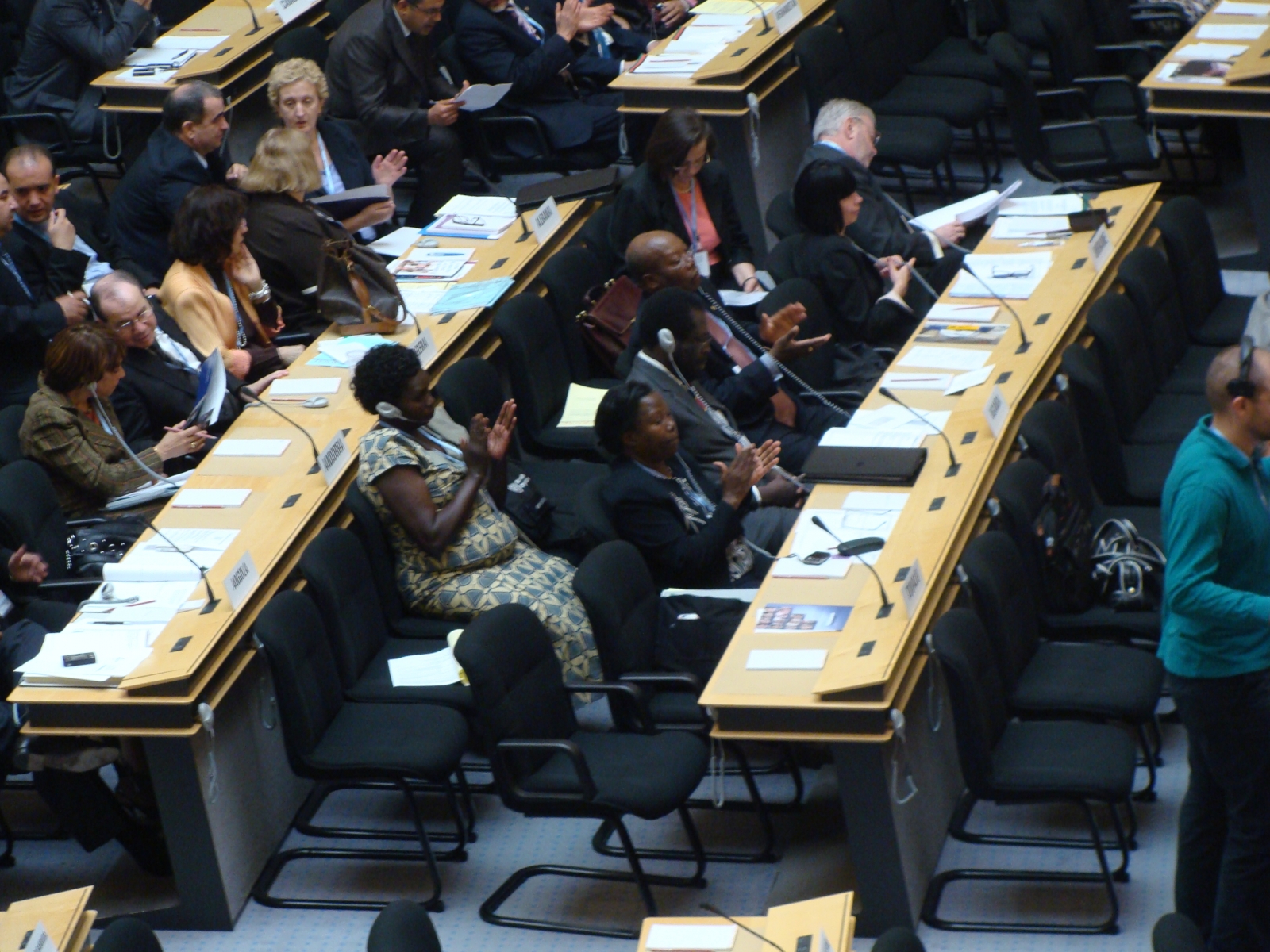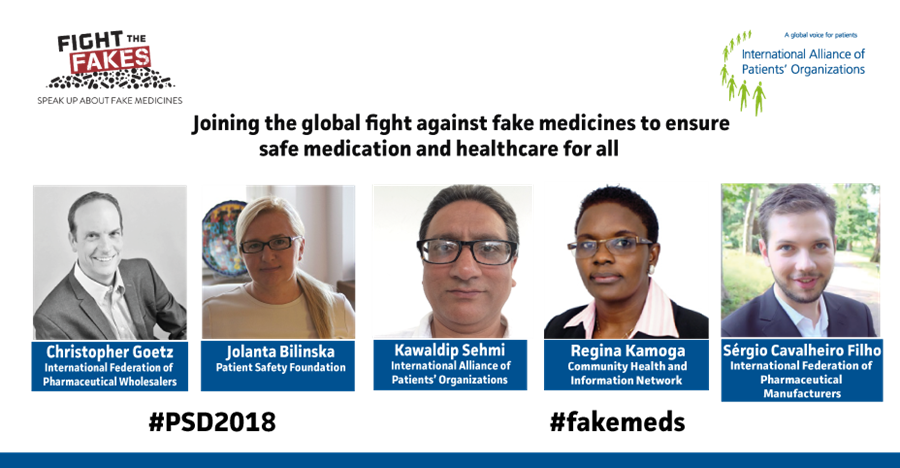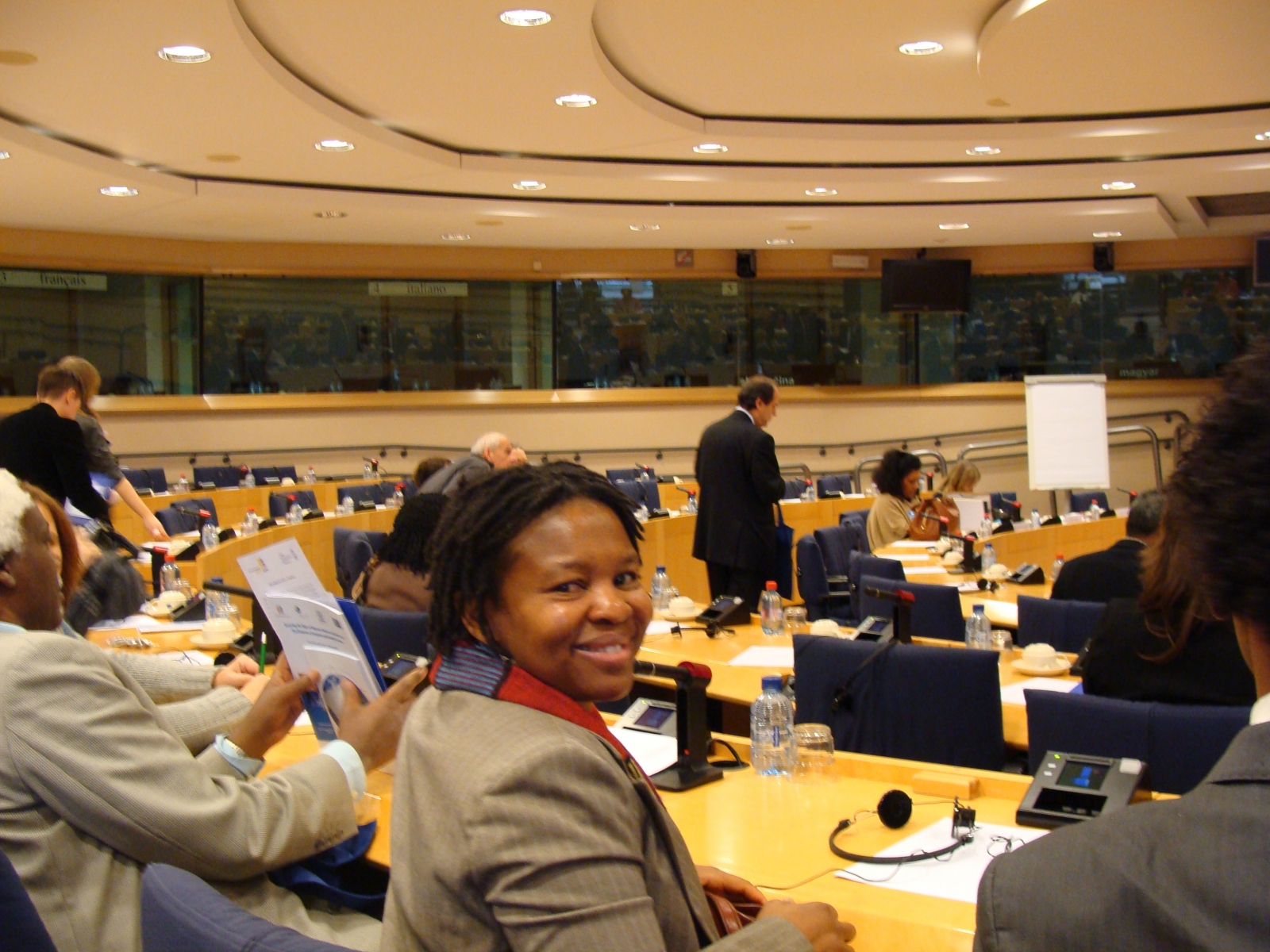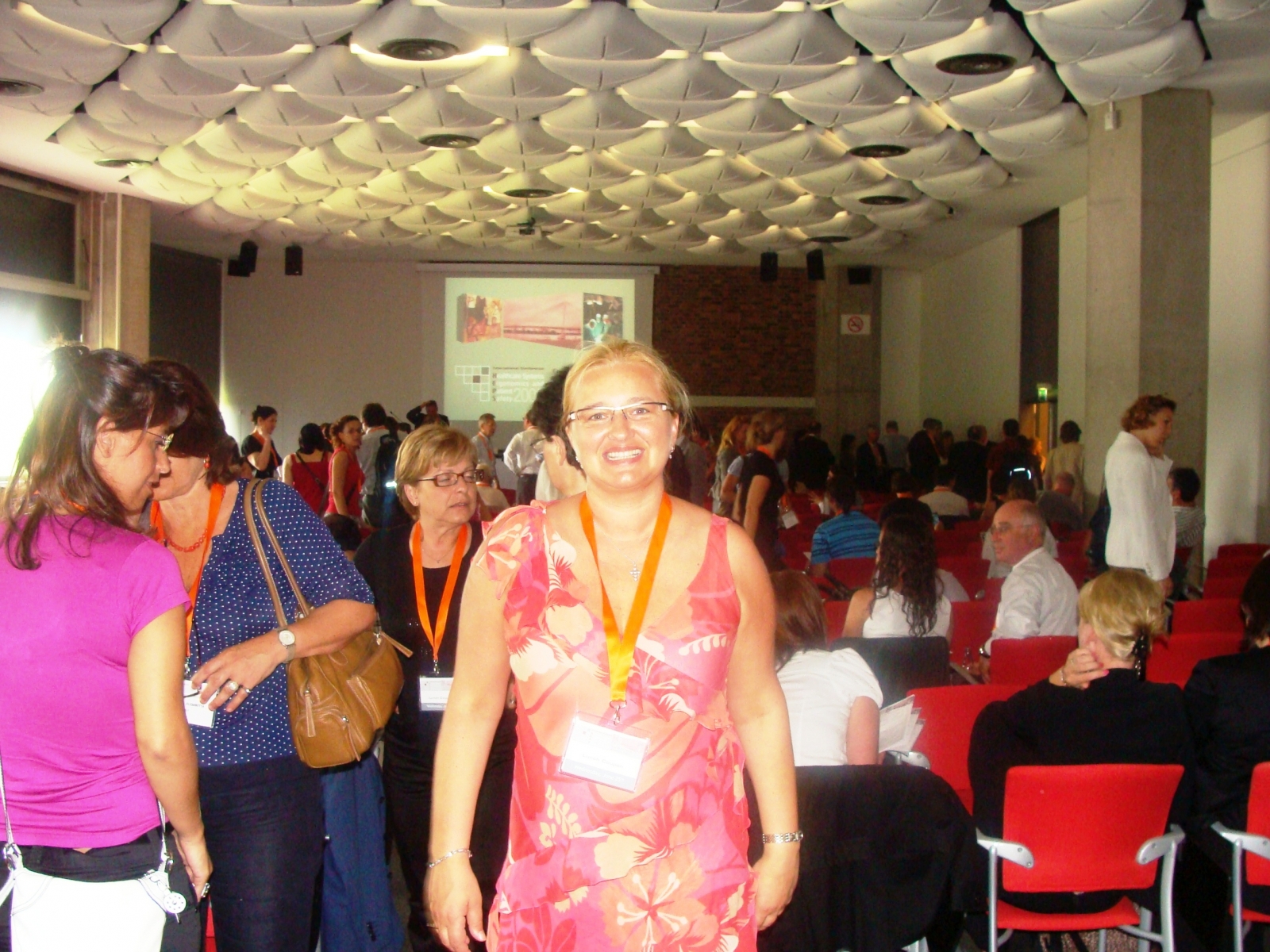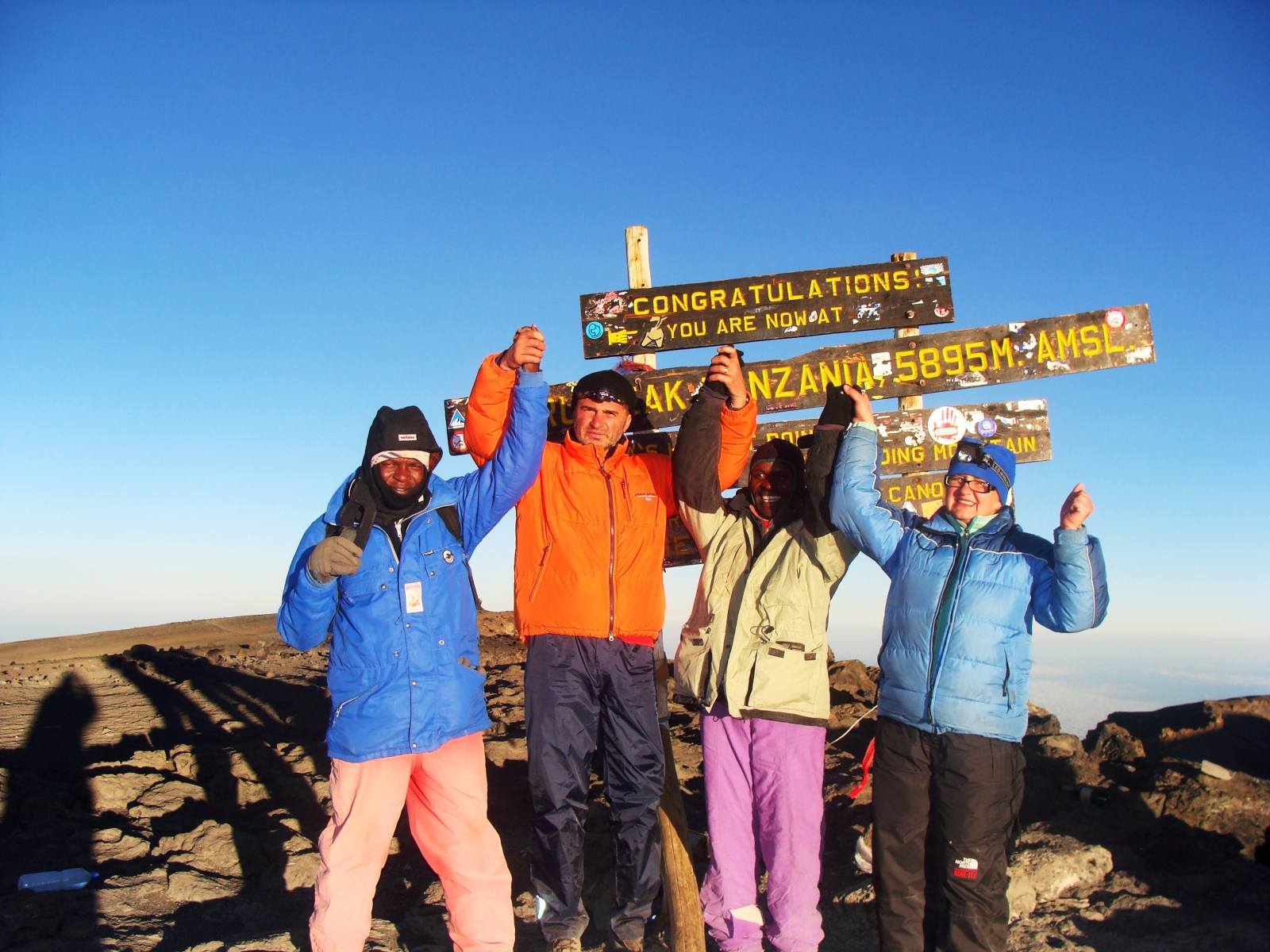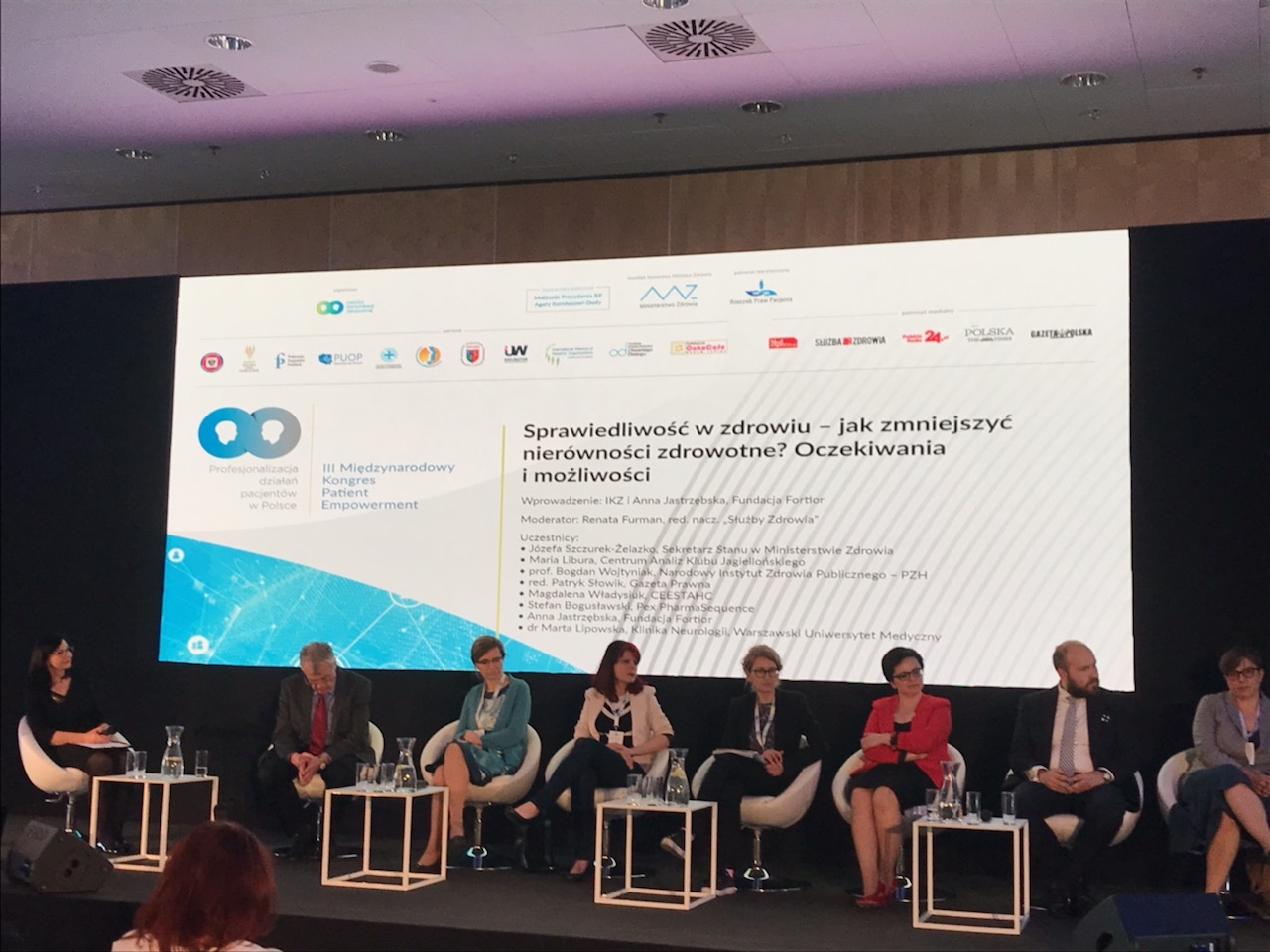The Sixty-seventh session of the World Health Assembly The Sixty-seventh session of the World Health Assembly (WHA) takes place in Geneva during 19–24 May 2014. The WHA is the supreme decision-making body of WHO. It is attended by delegations from all WHO Member States and focuses on a specific health agenda prepared by the Executive Board. The main functions of the WHA are to determine the policies of the Organization, appoint the Director-General, supervise financial policies, and review and approve the proposed programme budget. The Health Assembly is held annually in Geneva, Switzerland.
One of the important topic will be conducted a consultation on the draft “Every Newborn: an action plan to end preventable deaths”, receiving comments from the public in January and February. These are open to public view as well as the draft action plan itself. In addition, a document outlining the response to the comments received will be made available shortly. The final draft of the action plan will be presented to Member States at the Sixty-seventh World Health Assembly in May 2014. The action plan is a roadmap for change. It sets out a vision and proposes a goal and targets to end newborn deaths from preventable causes. Five guiding principles and five strategic objectives are at the core of the plan.
Of the 3.1 million newborn deaths that occurred in 2010, a quarter to half of them occurred within the first 24 hours after birth. Many of these deaths occurred in babies born too early and too small, babies with infections, or babies asphyxiated around the time of delivery. Labour, birth and the immediate postnatal period are the most critical for newborn and maternal survival. Unfortunately, the majority of mothers and newborns in low- and middle-income countries do not receive optimal care during these periods.
Studies have shown that many newborn lives can be saved by the use of interventions that require simple technology. The majority of these interventions can be effectively provided by a single skilled birth attendant caring for the mother and the newborn. Care of all newborns includes
immediate and thorough drying, skin to skin contact of the newborn with the mother, cord clamping and cutting after the first minutes after birth, early initiation of breastfeeding, and exclusive breastfeeding. Newborns who do not start breathing on their own by one minute after birth should receive positive pressure ventilation with room air by a self-inflating bag and mask. After the first hour of life, newborns should receive eye care, vitamin K, and recommended immunizations (birth dose of OPV and Hepatitis B vaccine). They should be assessed for birth weight, gestational age, congenital defects and signs of newborn illness. Special care should be provided for sick newborns, those who are preterm and/or low birth weight, and those who are exposed or infected by HIV or have congenital syphilis. Key WHO documents that aim to improve skills of birth attendants in newborn care at birth include Pregnancy, childbirth, postpartum and newborn care: a guide for essential practice and Essential newborn care course.
Information: Media web – WHO
